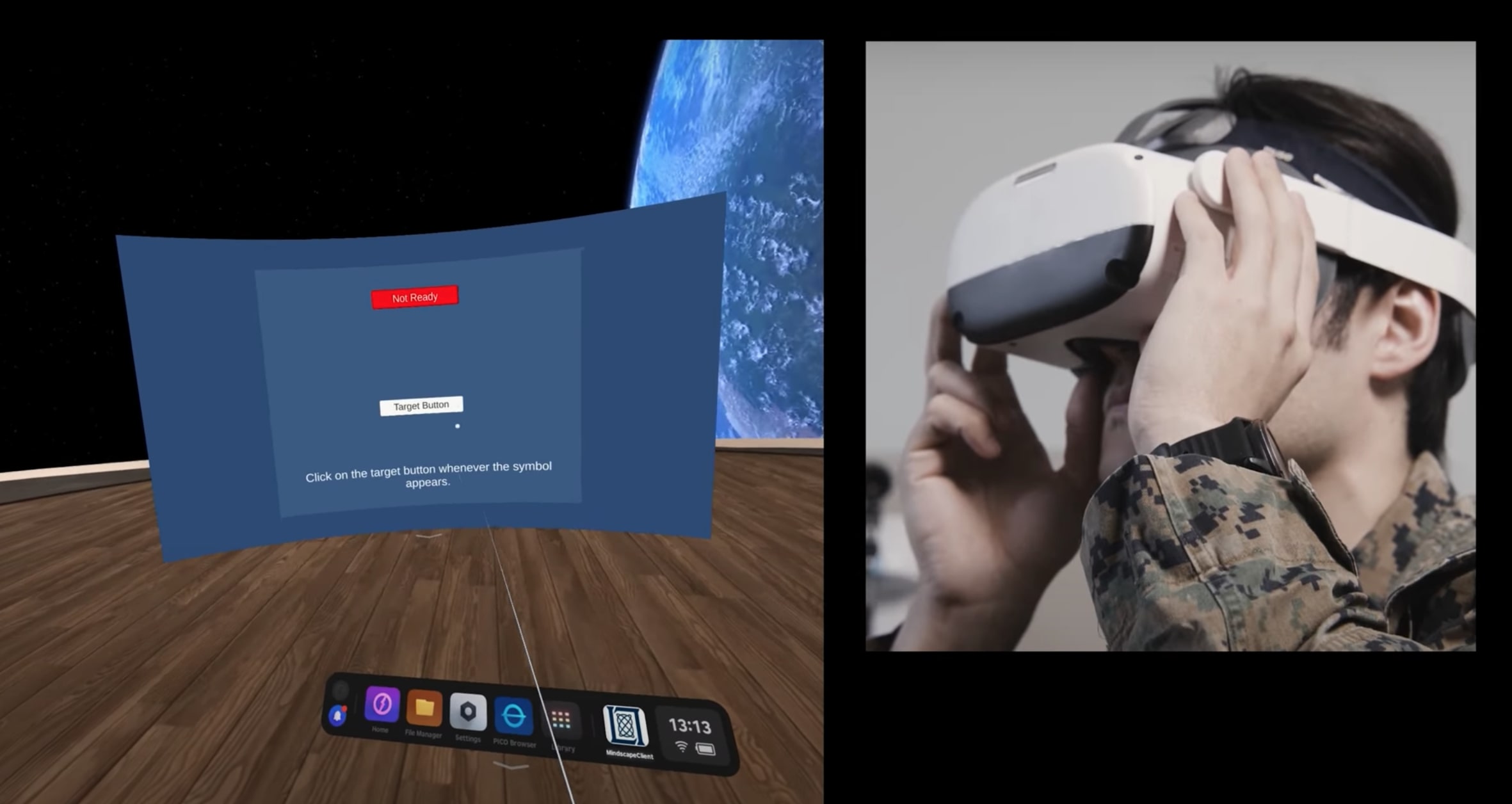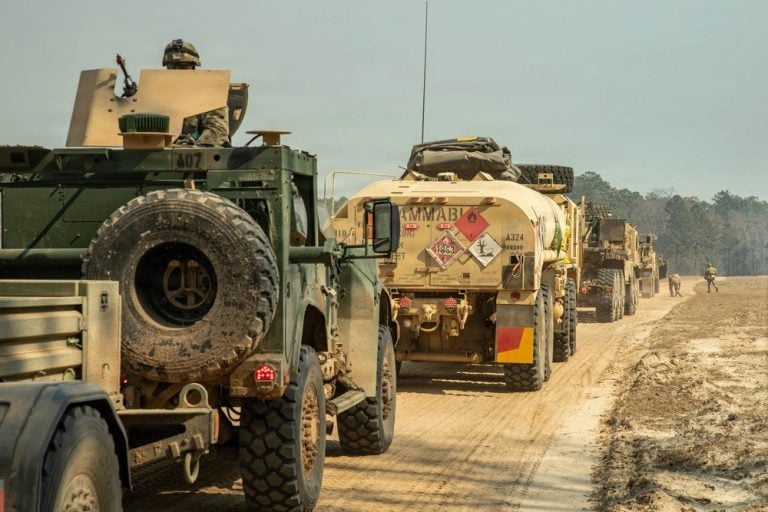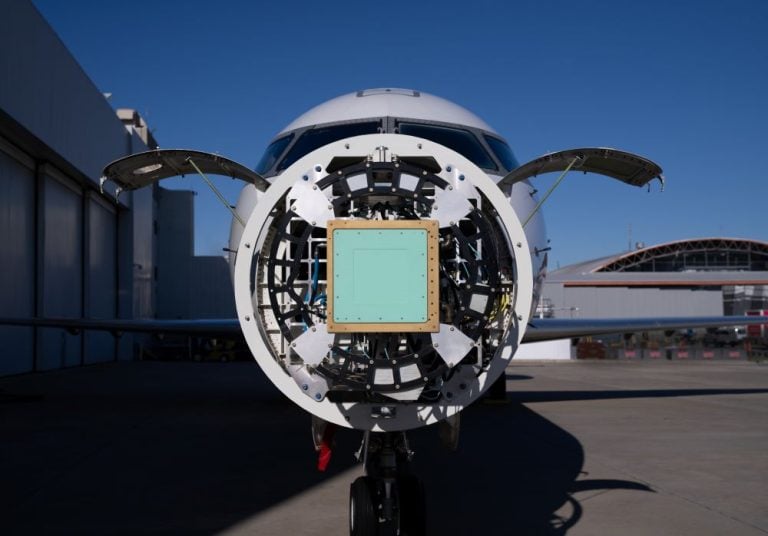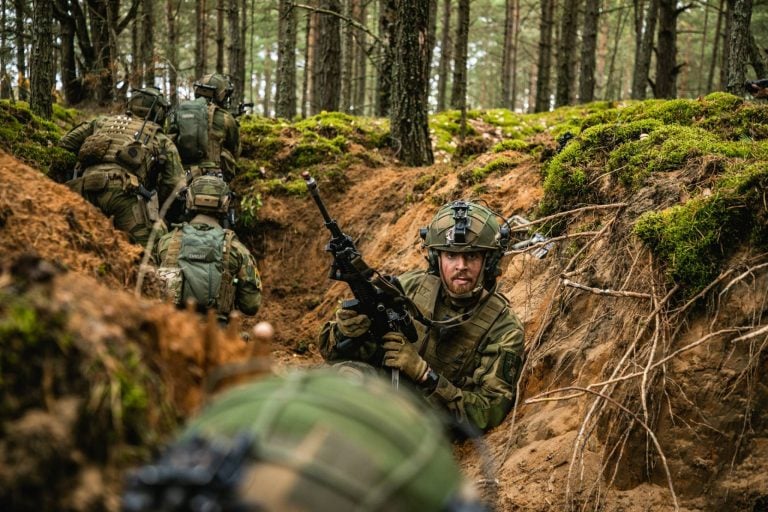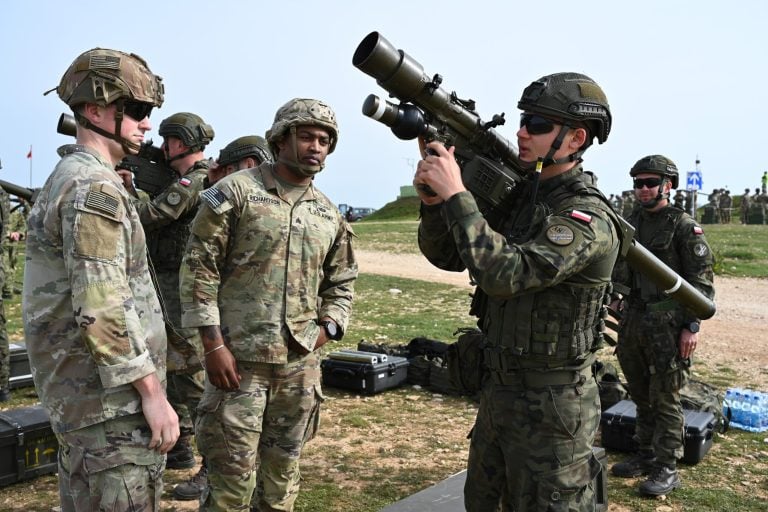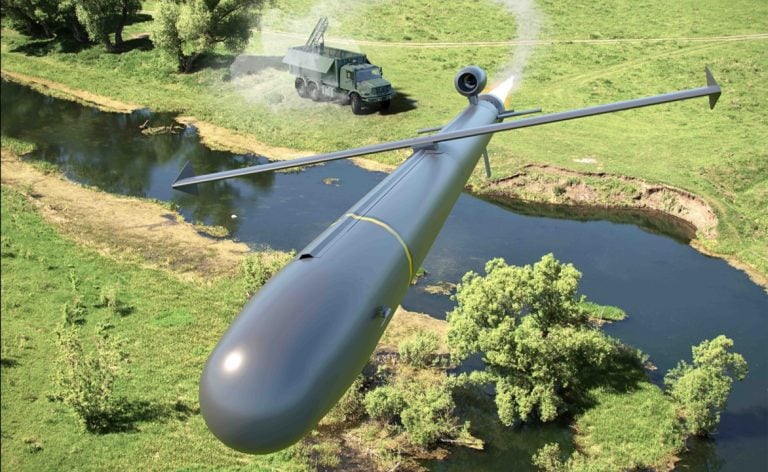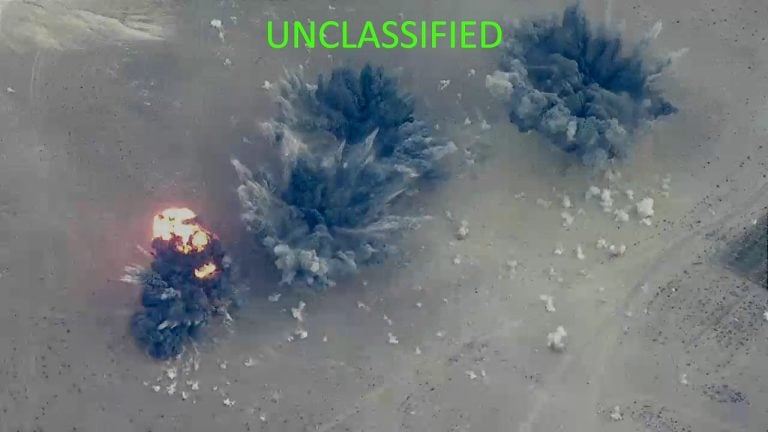Researchers at the Massachusetts Institute of Technology’s Lincoln Laboratory are pioneering a set of portable diagnostic tools aimed at transforming the battlefield approach to identifying brain injuries and monitoring cognitive health among military personnel. This forward-thinking initiative responds to the urgent need for improved techniques to detect traumatic brain injuries (TBI), a condition that has affected more than half a million U.S. service members since the year 2000 due to various factors, including blast exposure and training accidents.
Field medics face significant challenges in rapid detection of TBIs, which can dramatically affect soldiers’ immediate and long-term health outcomes. Recognizing that swift diagnosis is crucial for effective treatment, MIT’s researchers are in the process of developing three innovative platforms. These tools are designed to equip frontline medical teams with more reliable and efficient methods for assessing the cognitive health of soldiers in real-time.
The project is a response to the growing concern over the prevalence of brain injuries in the military, as the complexities of battlefield conditions make it difficult for medics to perform thorough assessments quickly. By leveraging advanced technology, MIT hopes to bridge the existing gap in TBI detection, ultimately leading to better care and recovery processes for affected service members.
As defense strategies continue to evolve, the necessity for immediate access to reliable diagnostic tools on the battlefield cannot be overstated. The advancements being made at MIT’s Lincoln Laboratory could prove to be a game-changer in ensuring the welfare of those who serve the nation.
